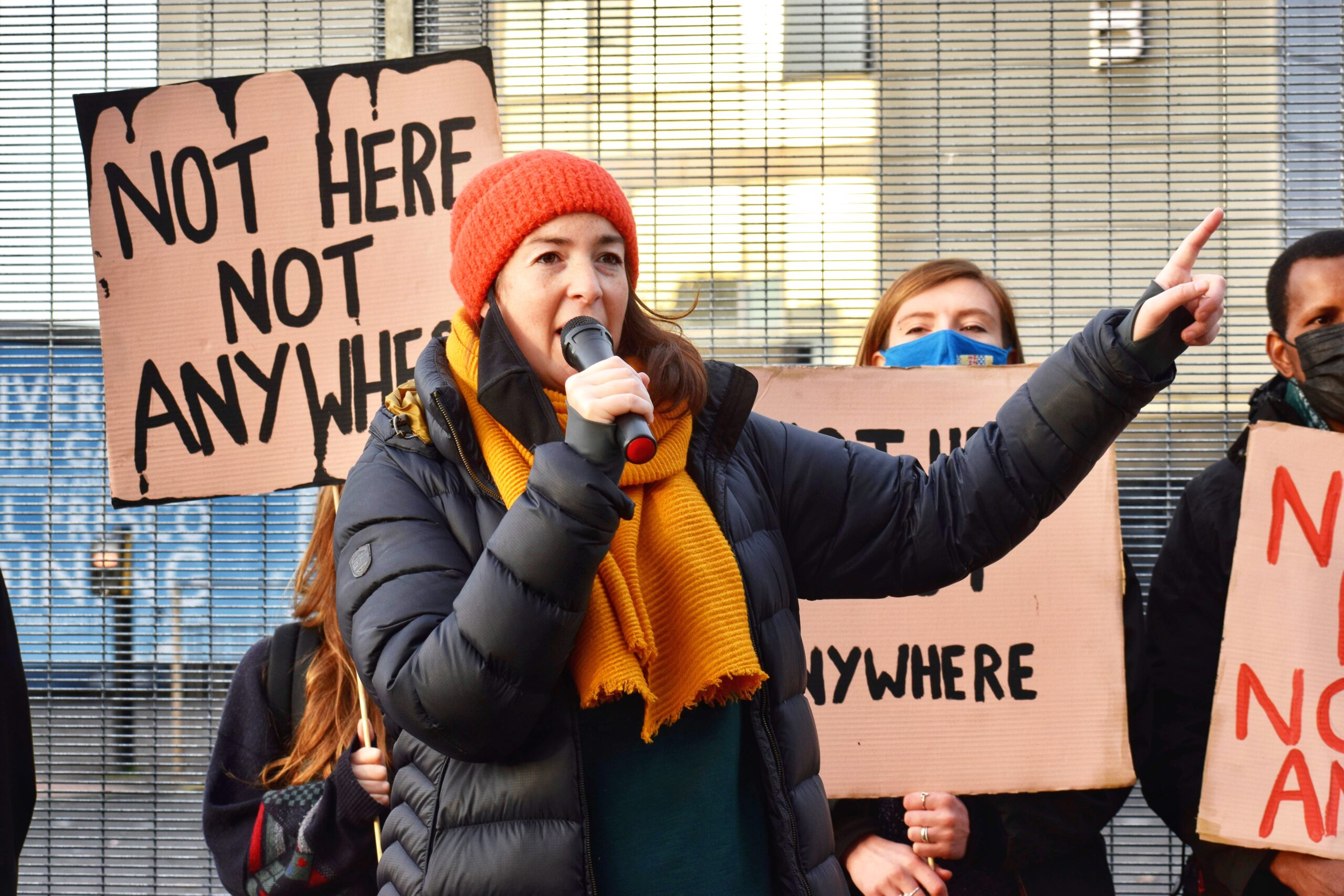
Constructive in Cancun?
In a pleasant contrast to last year’s Copenhagen summit, the news from Cancun – in the last day or two – has primarily focused on the content of the negotiations, and they are actually progressing. Not everything is going well – but from this distance at least, there appears to be a much more constructive atmosphere.
o o o o
Although China’s ‘willingness to accept a binding target’ turns out to have been something of an error in translation and referred rather to their targets being internally binding, their openness to negotiate in other areas means they are (at least not yet) being held up as scapegoats for failure.
If anything the US is coming in for more criticism – not least from the
parallel business summit, where it was reported that “China was repeatedly cited and lauded by the business community for its efforts to advance a clean energy, industrial revolution that seeks to harness the capital and technology of the private sector. The United States was generally an afterthought or source of frustration in these business discussions.”
And of course China today unveiled the world’s fastest high speed trains: not necessarily a good thing in themselves, but far preferable to even more internal air travel.
o o o o
In other quarters the Latin American countries of the ALBA group have been positioned as more likely scapegoats than China, for having the temerity to keep insisting on reference to genuinely safe temperature targets and rejecting the Copenhagen Accord, for example. Fortunately today, Brazil on behalf of the BASIC group which also includes India and China, said that ALBA not blocking negotiations, but
were working constructively with BASIC, while Tuvalu, a part of the small island nations group AOSIS, also bluntly attacked the Accord: “In Copenhagen, we rejected the Copenhagen Accord and we continue to do so. It is a hollow agreement designed to serve short term political needs. It is a document for the demise of nations like mine.”
o o o o
In the curent global politics of climate the BASIC group is emerging as highly influential. Their predictions of areas where agreement could be found this week are therefore probably fairly accurate. Today they suggested that decisions could be taken at Cancun on an adaptation framework; mechanisms for technology development and transfer, and forestry related actions; and advance urgent actions for mobilizing and providing finance to developing countries.
There is still a lot to be done if any of these elements are to be genuinely productive. Forestry measures (also known as REDD) are very poorly defined, risking the inclusion of measures that increase emissions by replacing primary forest with plantations; and measures that act to dispossess indigenous forest peoples. Thousands of peasant and indigenous peoples activists turned out in Cancun to demonstrate over concerns such as these yesterday.
On climate finance there are still competing options for governance of the funding, one of which could leave it almost entirely in the hands of rich nations, via the World Bank. But at least there is an alternative which would allow for fairer governance, and it seems that the decision on the delivery agency might be postponed beyond the summit
Similarly, while the text on long-term cooperative action still overly focuses on markets and carbon trading, the latest drafts have softened the tone and it seems that Cancun will not see a decision that puts international carbon trading at the heart of the long-term climate regime (which would be fairly disastrous given the failings and unfairness of trading). Instead it appears that final decisions in this area will be taken next year in South Africa, and the current texts simply ensure that market mechanisms will be reconsidered there.
o o o o
The BASIC group also indicated that decisions on “ambitious mitigation commitments” and transparency and verification of such commitments and actions was possible, but that a continued lack of proportionate progress in a decision towards the mitigation commitments in the Kyoto Protocol track would “seriously impede” progress.
We won’t know the outcome of this one until the very last moment. But at least we can be sure that the Friends of the Earth team in Cancun will be doing their best to support meaningful progress.
